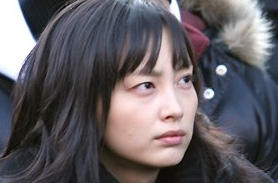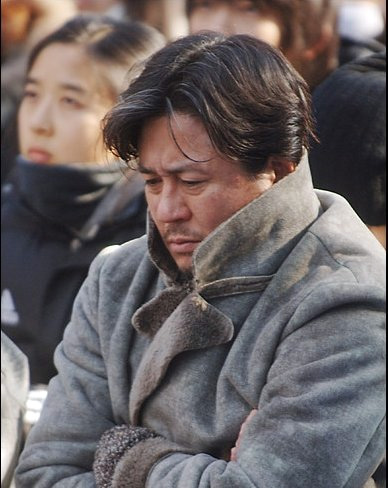 영어토론방 영어토론방 | Home>영어토론방 |
Policy Is screen quota system necessary?
페이지 정보

본문
 South Korean Stars Defend Film Quotas
South Korean Stars Defend Film QuotasSouth Korea's top film directors and actors have defended restrictions on the screening of Hollywood films.
For 35 years, South Korea has operated a quota system under which theatres are required to screen Korean movies for at least 146 days each year. But the film stars said the government was giving in to US pressure to ease the quota to seal a key trade pact.
It follows reports that Seoul is considering relaxing or dropping the system to speed up talks with the US on a bilateral investment treaty (BIT), which regulates the protective quota.
Seoul is keen for the BIT to attract more US investment for the economy.

In a statement, the actors and directors said the decision on which films were shown in South Korea's cinemas "should not be judged only by market principles". They added that the screen quota system maintained Korea's cultural identity and diversity.
At a press conference to publicise their concerns, about 50 of the filmmakers chanted: "Stop conspiring to end or change the screen quota." The big-name celebrities all wore purple and yellow bands reading: "Keep the screen quota as it is.
-Criticism
"Stop the humiliating talks on signing the BIT with the United States. Oppose the BIT." They added that repealing the quota would be a "suicidal act". The statement followed local reports that US deputy trade representative Jon Huntsman, in South Korea last week, had criticised the quota. Mr Huntsman was said to have warned that the US might not resume talks on the BIT.
Choi Hyuck, deputy minister for trade at the foreign ministry, was last week quoted by one newspaper as saying it was "time to reconsider the law" regulating the protective quota.
-Record year
South Korea's cinema has been enjoying an unprecedented boom domestically and on the international stage. Its films took a record 49.5% share of the local market last year. Exports more than doubled, and record amounts of money were poured into the industry. Musa (The Warrior), made in 2001, broke all records in terms of cost, production and challenges of shooting.
The number of foreign films screened fell to 355 last year, from 427 in 2000, according to data from the state-run film watchdog, the Korea Media Rating Board.
Excerpt from global policy forum
Source: http://www.globalpolicy.org/component/content/article/162/27559.html
Korean filmmakers began a sit-in protest yesterday, calling on the government to cancel its plan to halve the number of days for screening local films.
A group of actors, directors and production staff members gathered at the Korea Film Director's Society building in central Seoul and kicked off a relay protest in a show of their strong opposition to the government's policy on the screen quota system.
The confrontation began Thursday when the Finance Ministry announced the quota for local films a year will be halved from 146 days to 73 days beginning in July in a crucial step to accelerate the bilateral free trade negotiations with the United States.
Korean filmmakers, who have been vigorously protecting the system, lashed out at the government officials, arguing that the cut in the quota will deal a fatal blow to homegrown films which are inherently at a disadvantage in the face of the onslaught of big-budget Hollywood blockbusters.
They plan to continue the sit-in protest for a week and stage a large-scale outdoor rally on Feb. 8. The coalition of filmmakers opposing any cut in the screen quota will form a new organizing committee and work out new countermeasures against the government's step.
To block the divisive issue from getting out of control, the Culture and Tourism Ministry unveiled a plan last week to set up a fund worth 400 billion won over the next five years to help the domestic movie industry grapple with the cut in the mandatory days for screening local films.
However, Korean filmmakers expressed strong skepticism about the plan to support the domestic movie industry which is valued at $1.54 billion.
The screen quota system, introduced in 1966, has helped local films to secure screen space and survive in the highly competitive global film industry, producing high-quality works that won major film awards.
But the conflict between the screen quota advocates and critics is intensifying, especially concerning the free trade logic. In recent years, Korean films are dominating the box office, carving out more than 50 percent market share, a fact that critics claim indicates the domestic movie industry should be weaned off from the protective policy.
Hollywood is also increasingly stepping up pressure on U.S. trade negotiators to push Korea to cut the screen quota as a key precondition for bilateral free trade talks.
Excerpt from Asia Media
Source: http://www.asiamedia.ucla.edu/article-eastasia.asp?parentid=38316
댓글목록
등록된 댓글이 없습니다.

